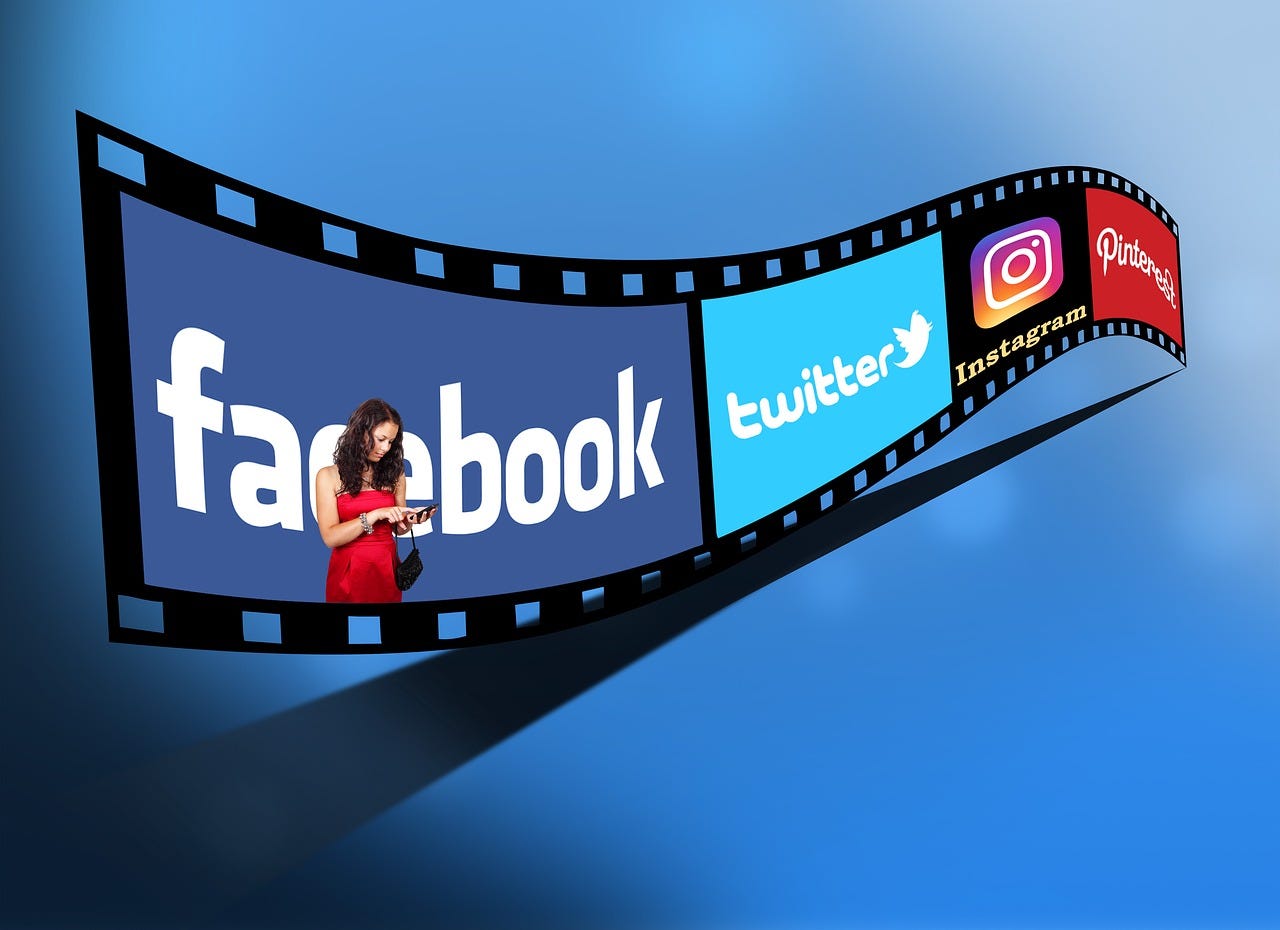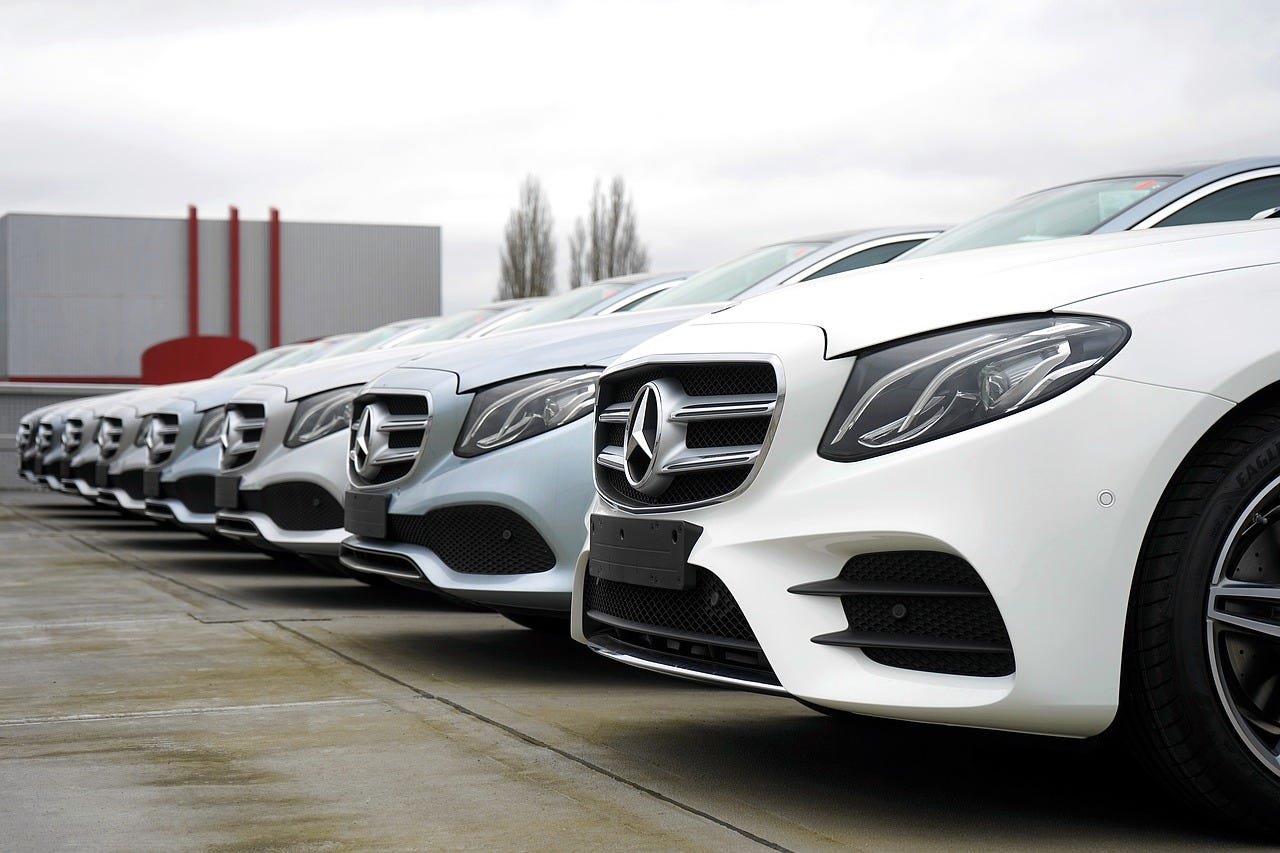Politics on platforms, Huawei, Cyber, Trade, Sanctions and Tim Cook doing it again.
Political Disruption, November 22
Good Morning!
Welcome to a new week of Political Disruption!
This week we talk about the dilemma societies face when policing the truth and political ads on platforms, the latest on Huawei, Cyber, some good and some bad news on sanctions and as can be expected some not-so-clear news on Trump’s trade wars.
If you think any of your colleagues or friends care about how politics is disrupting business and technology, please share this newsletter with them.
Thanks!
Hans
Tech

Politics on platforms
The content debate is raging in big-tech land. Whether it’s about running political adverts (Twitter, Google), political adverts containing lies (Facebook), or the difficulties banning extremism (Facebook) there remains one big dilemma: On one side we want to avoid fake news, disinformation and radicalism spread through our social networks. But on the other hand, we don’t really want firms like Facebook or Google deciding what is too radical, what is right or wrong. But who else can? Do we want the government to do this? The Chinese government is really good at deciding what’s good or bad (for the Chinese Communist Party that is), but that’s not really the way to go is it? Would we like the American government to decide what’s right or wrong? Or the European Commission?
So we seem to be in a bind, there’s no really good solution at this moment. But the answer might lie at big tech’s feet: their algorithms. These are the culprits that make that extremist views get so reinforced, but they’re also the moneymaking machine behind those firms. So, it’s up to you Big Tech…
Huawei
While the US has granted a number of individual Huawei exemptions in an attempt to improve relations with China as the trade-truce is having some difficulties to come around (see trade section), German Chancellor Angela Merkel is facing a party revolt over Huawei’s role in German 5G rollout. Merkel’s argument is that a blanket Huawei ban is not necessary and that case-by-case security guarantees would be enough, almost the same argument that Bill Gates is using when he states that Paranoia on China is a ‘crazy approach’ to innovation.
The ones who are not doing so bad over the U.S. sanctions are the Huawei staff who will be awarded more than $280 million in bonuses for helping the company go through the U.S. sanctions.
Cyber
The UK Labour Party was Hit by a “Sophisticated” and “Large-Scale” Cyber-Attack that failed to breach any data according to a Labour spokesperson. After the cyber-attacks on campaigns in the US elections in 2008, 2012 and 2016 it should be clear that parties better have a good cyber defence team.
The increasing threat of cyber attacks, data breaches (and the European fines on them) are driving cyber insurance growth.
The biggest threat on the horizon for cyber-warfare is the development of quantum computing. The computer power of quantum-computers would be so big that it would make most current encryption systems obsolete. Therefore a new race is going on the build quantum-proof encryption.
Sanctions & Trade

Trade
U.S.-China. While the ‘phase one’ deal between the US and China has been announced for some weeks now, the parties are struggling to finalise the deal.
A new study shows that American manufacturers are paying a heavy price for the trade war
U.S.-EU. Normally we would have reported on whether the U.S. would impose tariffs on European (and other) cars and automobile parts and on the EU retaliation to it. A decision was due last week (after having been postponed in May for six months). But no positive or negative news came from the White House. There’s a debate going on between trade lawyers on whether the President has really missed the opportunity to take action (and the tariffs are off the table definitively) or he still can decide on the issue in one way or another.
Remember our previous issue when we described the political acumen of Apple CEO Tim Cook? He seems to have done it again as Trump considers sparing Apple from US tariffs on China.
Sanctions
On the sanctions front, there’s quite some good news.
Russian sanctions. There’s a thaw in relations between Russia and Ukraine. There are plans to hold a summit to revive Ukraine conflict talks and Russia returned three naval vessels it captured a year ago as a goodwill gesture to Ukrainian President Zelensky. A further rapprochement between Ukraine and Russia is an important precondition to allow the EU to loosen sanctions on Russia.
Qatar sanctions. Tensions are also softening between Qatar and Saudi Arabia as the Gulf states plan to participate in the football World Cup. This is seen as a sign that relations are improving and the complete embargo on Qatar might soften in the not so far future.
But it’s not all good news from the sanctions front:
Hong Kong. After China slammed Hong Kong court’s ruling on anti-mask law as unconstitutional, the US House of Representatives passed two bills supporting Hong Kong protesters. The bills would sanction officials involved in human rights abuses in Hong Kong, mandate annual certifications of Hong Kong’s autonomy (to keep its trade privileges) and ban exports of a number crowd-control weapons to Hong Kong. According to the Washington Post, $38 billion in trade between Hong Kong and the U.S. could be jeopardized.
Iran. The Islamic Republic has been gradually neglecting more requirements of the JCPOA, the Iran-nuclear deal, to put pressure on the US and Europe. But it seems that it has been going too far. Germany’s foreign minister said that the EU should reconsider imposing sanctions on Iran. While it wouldn’t matter very much as there’s (because of the extraterritorial reach of the US sanctions) almost no EU trade with Iran, it will certainly not be welcomed in a country where the economy has, according to the IMF, contracted by more than 9 per cent.
De-dollarisation. Meanwhile, Russia is trying to de-dollarize its economy and foreign holdings and shift towards the Euro and Renminbi to become less vulnerable to American financial sanctions.
That’s it for this week, all reactions are welcome and please share with your colleagues, friends, kids and/or mother-in-law.


